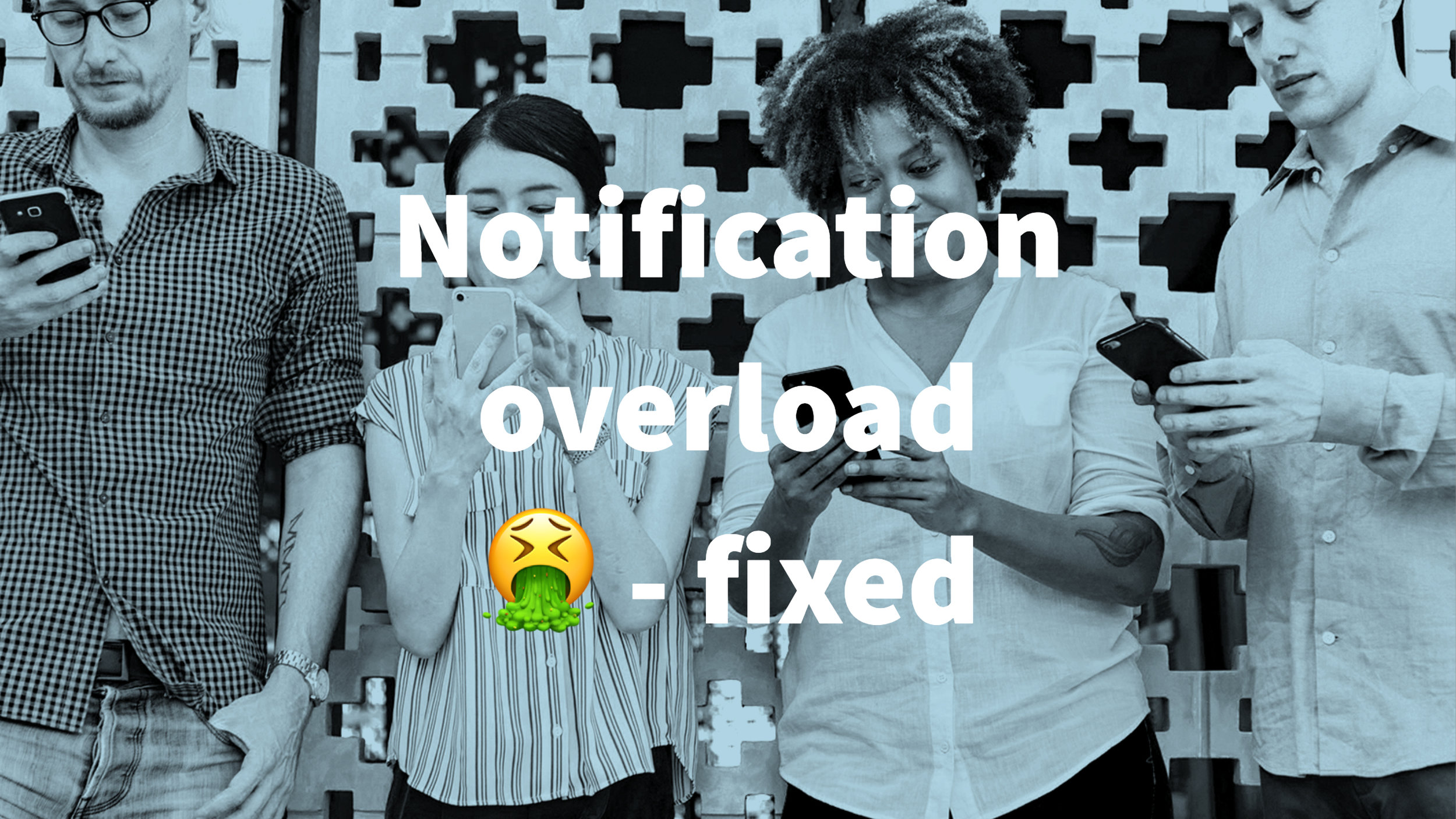The lack of visual design tools for web designer brings some strange side effects - like morecss.org "MORE simplifies CSS to make it more intuitive, allowing you to write human readable code that fits with the way you think. MORE runs on both the client-side and server-side (Node.js)"
I'm not a friend of adding functionality to the markup through an additional library. Why? Because it renders the code completely reliant on the library and it breaks if the library is not present. If I need to move the site to a new CMS or want to reuse some of the code, I need to make sure that the library works. I would prefer that it would compile to standard CSS, much like other approaches do.
The advantage of human readable CSS on the other hand is not really an advantage. You have to know CSS anyway, so reading CSS is not solved by this solution. Writing "more" CSS is in this case not an advantage, let's write LESS instead.
As for human readable HTML - or Marksdown as it is called. I like the idea but still find it not really user friendly to write - no really, I know HTML and Markdown seams forced.
What I do like about Markdown is, other than morecss, is that it should remain readable many years from now. Text files are the most stable file format and marking up text as little as possible is a good idea. HTML will be readable as well, so I there is no real need to use Markdown, but if you life in the text editor, it might be an option for you.
#markdown #css #morecss #workflow #compatibility #coding
Embedded Link
More CSS #header colour: cmyk(one-hundred-and-eight, eighteen, zero, forty-five) !unimportant; #header width: twenty-five-and-three-quarters percent !unimportant; #about h2 span background-attachment: scroll !...
Google+: View post on Google+












